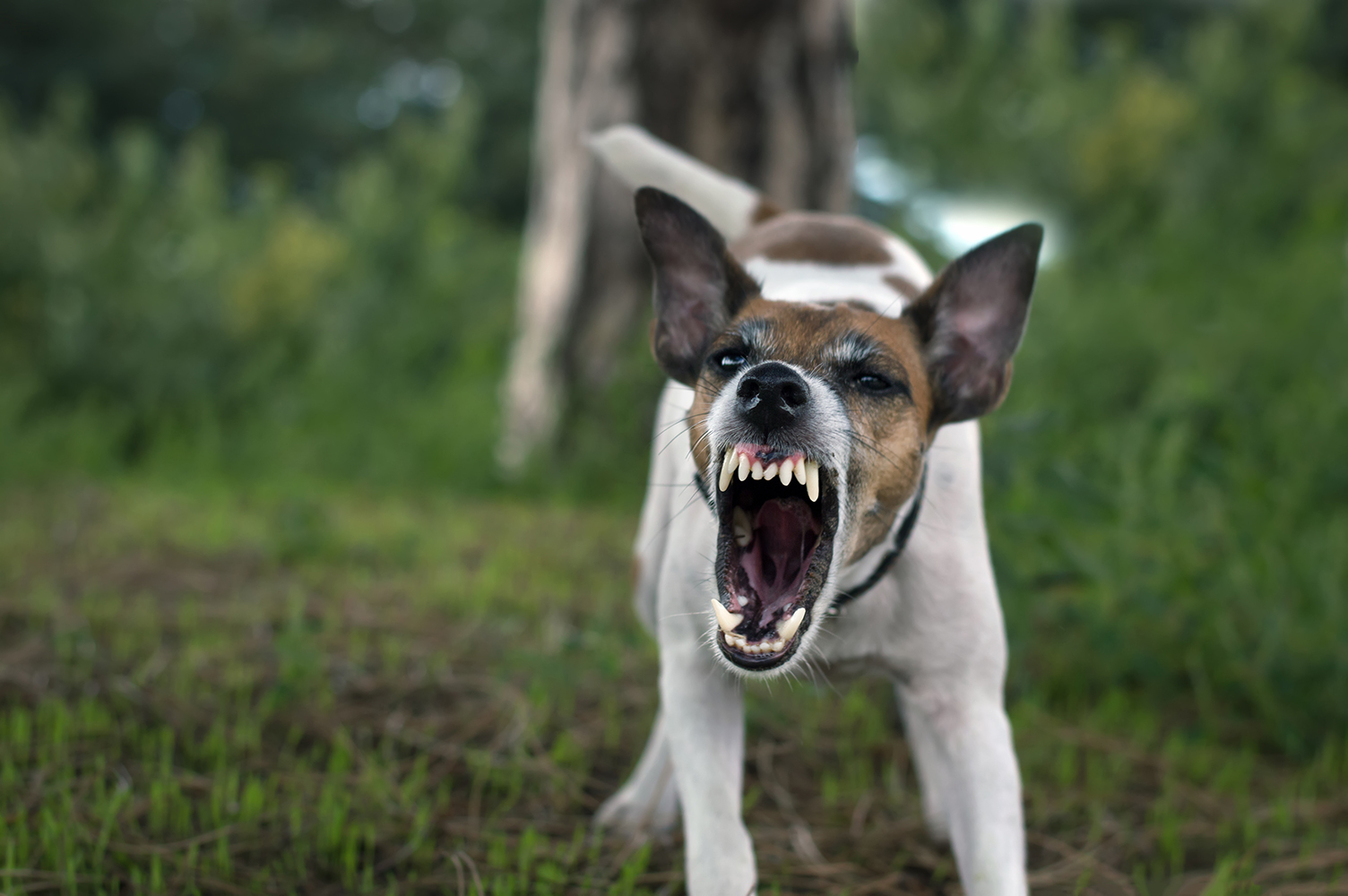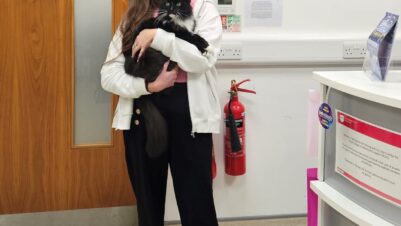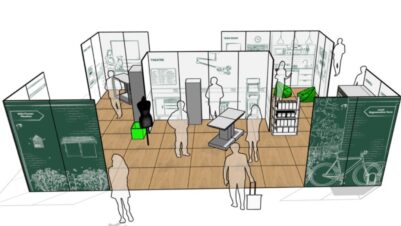
Half of vets in the UK have reported a rise in the number of clients concerned about their dogs’ increasingly aggressive behaviour over the last 12 months, a new survey of the veterinary profession shows.
While vets in the survey were often unsure about the exact age of the dogs involved, in cases where the age was known, 87 percent of dogs were believed to be under three years of age, highlighting the longer-term impacts of the pandemic on puppies bought over lockdown.
Almost one in four (24 percent) vets also reported an increase in the number of pets they had treated in the last 12 months who were injured as a result of aggressive behaviour by dogs.
The new statistics, released by the British Veterinary Association (BVA), add substance to vets’ concerns around the behavioural impact on puppies bought or bred over the COVID-19 lockdowns between 2020-2021.
BVA is highlighting the importance always buying a puppy responsibly, properly socialising them and talking to a vet if owners have any concerns over their pet’s behaviour.
It is estimated that around 3.2 million households in the UK acquired a pet in the first year of the pandemic, with the proportion of people owning a dog increasing when compared to early 2020.
Pandemic puppy owners were more likely to be first-time dog owners, were less likely to seek out a breeder that performed health testing on their breeding dog(s), or view their puppy in-person.
A 2022 Royal Veterinary College study, funded by BVA’s animal welfare charity Animal Welfare Foundation, predicted the potential development of behavioural problems in some pandemic puppies bought during 2020 and pinpointed the need for enhanced support from vets and particularly those specialising in animal behaviour to support owners of such dogs.
BVA senior vice president Justine Shotton said: “While these new statistics are extremely worrying, they are not unexpected.
“Vets and animal charities have been raising concerns around the long-term impacts of the pandemic puppy boom, when owners were unable to access adequate training and socialisation opportunities that are so important for development in the first few months of their lives.”






